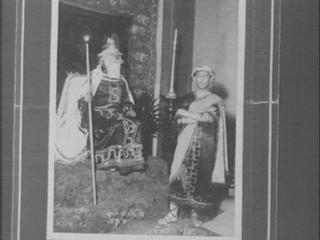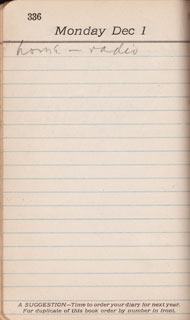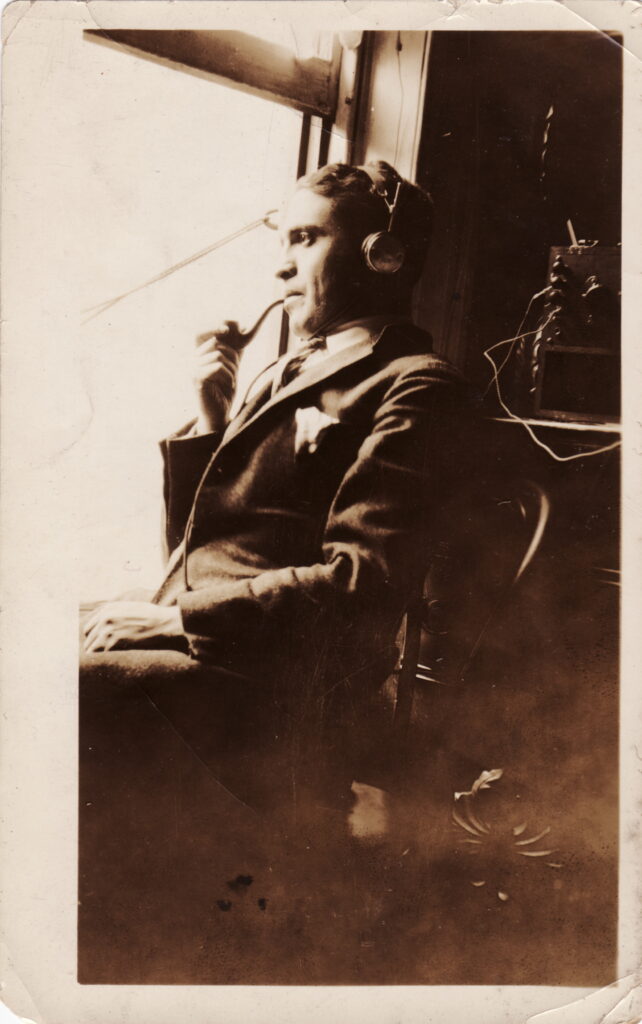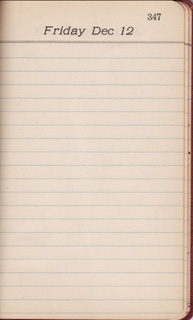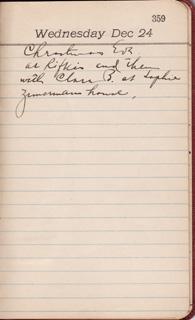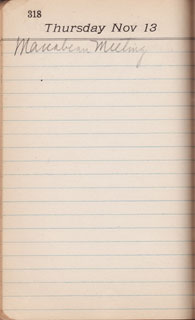
Maccabean Meeting
————-
Matt’s Notes
As my legions of readers already know, Papa belonged to a Zionist fraternal society called Order Sons of Zion (a.k.a. B’nai Zion) that, like many immigrant-oriented fraternal and mutual support organizations of the day, provided its members with essentials like life insurance, a credit union, and burial services. When his chapter formed back in January, Papa lobbied to nickname it “The Maccabean” after the Jewish warrior heroes of old. His fellow members initially objected, probably because such a nickname seemed too warlike, but Papa, who detested the popular image of Jews as weak and bookish and sought to counter it wherever he could, eventually prevailed.
Papa’s desire to promote the image of the “muscle Jew” was, of course, not his alone; an entire subset of the Zionist movement geared itself to the same purpose, and, not surprisingly, the Maccabees found their way into the nicknames of more than a few clubs and organizations. Here’s a 1925 image of an Eastern European Jewish soccer club called “The Maccabees,” courtesy of the Yivo Institute for Jewish Research:
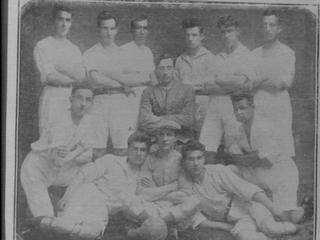
And, just for laughs, here’s a 1918 photo (from the same source) of a scene from an Eastern European Yiddish production of the Longfellow play “Judah Maccabee”:
